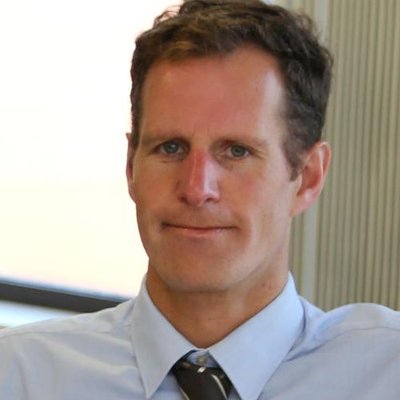THE NUMBER of cancer patients receiving their first treatment within 62 days is still considerably lower than it should be in Swansea Bay, but a backlog in cancer cases has fallen sharply.
Three-quarters of all cancer patients in Wales are meant to have their “first definitive treatment” within 62 days of being referred. Swansea Bay University Health Board has hovered between 48% and 59% over the past 10 months, with the most recent monthly figure – for January 2023 – 50%.
A report before the health board said this was “far short” of where it wanted to be, although one factor was the work to reduce the backlog of patients waiting more than 62 days. The report said the backlog peaked at 574 last September and was now more than 200 lower, although an exact figure wasn’t given. However, even the backlog success fell short of an improvement trajectory which was set out last April.
Improvement in cancer treatment is one of the health board’s main priorities, and an area of “enhanced monitoring” by the Welsh Government.
The health board, like all health boards in Wales, is facing demand and capacity challenges – and is not an outlier in terms of the proportion of patients it treats within 62 days. Chief executive Mark Hackett has met lead cancer clinicians and managers and agreed various actions. The hope is to hit the 75% target in March next year.
In terms of the backlog, areas with a high number of referrals which have improved include urological, breast, and lower gastrointestinal cancers. Waiting lists in endoscopy – a test looking inside a patient’s body – have also dropped.
The gynaecological cancer care backlog, though, has risen. In response the health board has increased capacity in a diagnosis called hysteroscopy, and drawn up proposals for a dedicated hysteroscopy suite at Singleton Hospital, Sketty. The health board, which covers Swansea and Neath Port Talbot, heard that a shortage of staff coupled with high demand was the problem.
Health board chairwoman Emma Woollett reminded board members that they had asked for the report because of cancer care’s “unacceptable” risk assurance level, and asked if colleagues were reassured by its contents.
Independent board member Patricia Price said there was “an awful lot of energy and work” going into cancer treatment improvement. She said: “The struggle, I suppose, is the fact that the single cancer pathway metric bobs around, and there has been no trend of improvement over the past year.”
She said it was a complex issue but that she expected an improvement in the first quarter of 2023-24.
This was echoed by board member Reena Owen, who added that “weak links” in terms of staff capacity in ovarian cancer needed to be identified to help avoid the problems being experienced in gynaecological.




















